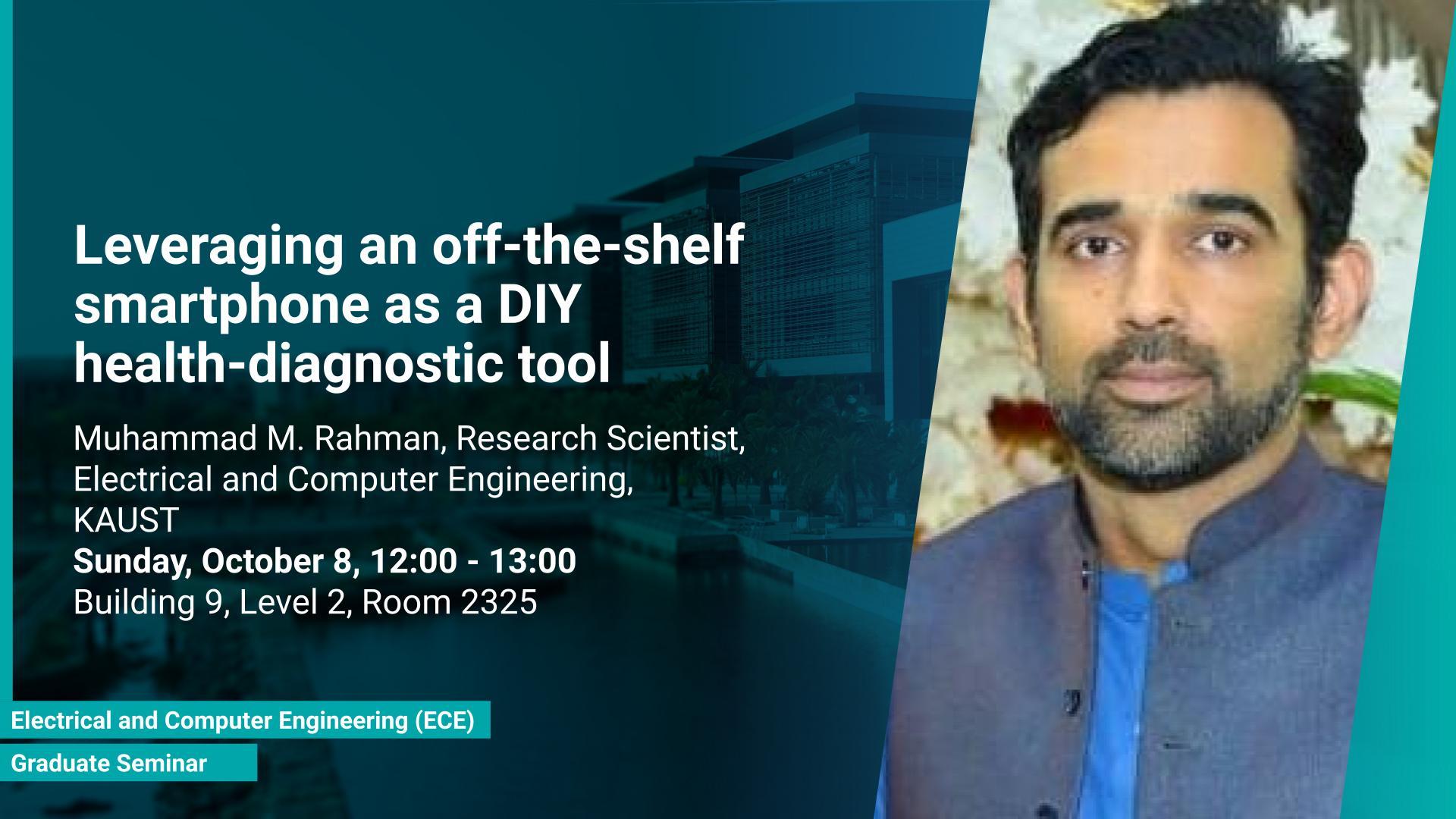Abstract
Keeping in mind the current proliferation of smartphones as a popular hand-held gadget (with adequate sensing and computational capabilities), we propose to use smartphones as a health diagnostic tool for do-it-yourself (DIY) monitoring of one’s own health. Specifically, we utilize the rear camera of a smartphone to acquire a photoplethysmography (PPG) signal, in order to monitor the following health-related parameters/biomarkers of a subject: vitals (heart rate, respiratory rate, blood oxygen level), and 1-lead ECG. To this end, we have collected the data from 20+ subjects who placed their index finger on the rear camera of the smartphone and helped us record a small video, while we simultaneously captured the true labels using a pulse oximeter, and a 1-lead ECG module. The raw labeled data was pre-processed and then passed on to a range of artificial intelligence (AI) algorithms which reliably predicted the relevant biomarkers. The ultimate outcome of this work will be an Android/iOS app that will showcase a results panel consisting of readings for the aforementioned biomarkers in real-time. This work is anticipated to enable early diagnosis of a range of cardiovascular diseases and several other diseases (e.g., anemia, metabolic disorders) followed by an early medical intervention. The outcome of this work is especially suitable for people in remote places, Hajj congregations, marathons, sportsmen, athletes, the elderly, and chronic patients.
Brief Biography
Dr. Muhammad Mahboob Ur Rahman is currently working as a research scientist with the Information Science lab (ISL), headed by Prof. Tareq Al-Naffouri, in the Electrical Engineering Department, KAUST, KSA. He received a B.Sc. degree in Electrical engineering from the University of Engineering and Technology (UET), Lahore, Pakistan, in 2007, and a Ph.D. degree in Electrical and Computer engineering from The University of Iowa, Iowa, IA, USA in 2013. Before undertaking his Ph.D. studies, he was a Lecturer/Lab Engineer with the Faisalabad Campus, UET, from 2007 to 2009. In the summer of 2013, he was a Research Intern with the Wireless Systems Lab, Nokia Research Centre, Berkeley, CA, USA. He then joined the Communication Theory Laboratory, KTH, Stockholm, Sweden, as a Post-Doctoral researcher and worked there until 2016. From 2016 to 2022, he worked as an Assistant Professor with the Electrical Engineering Department, Information Technology University, Lahore, where he led the Wireless Solutions (WiSo) Research Laboratory.
